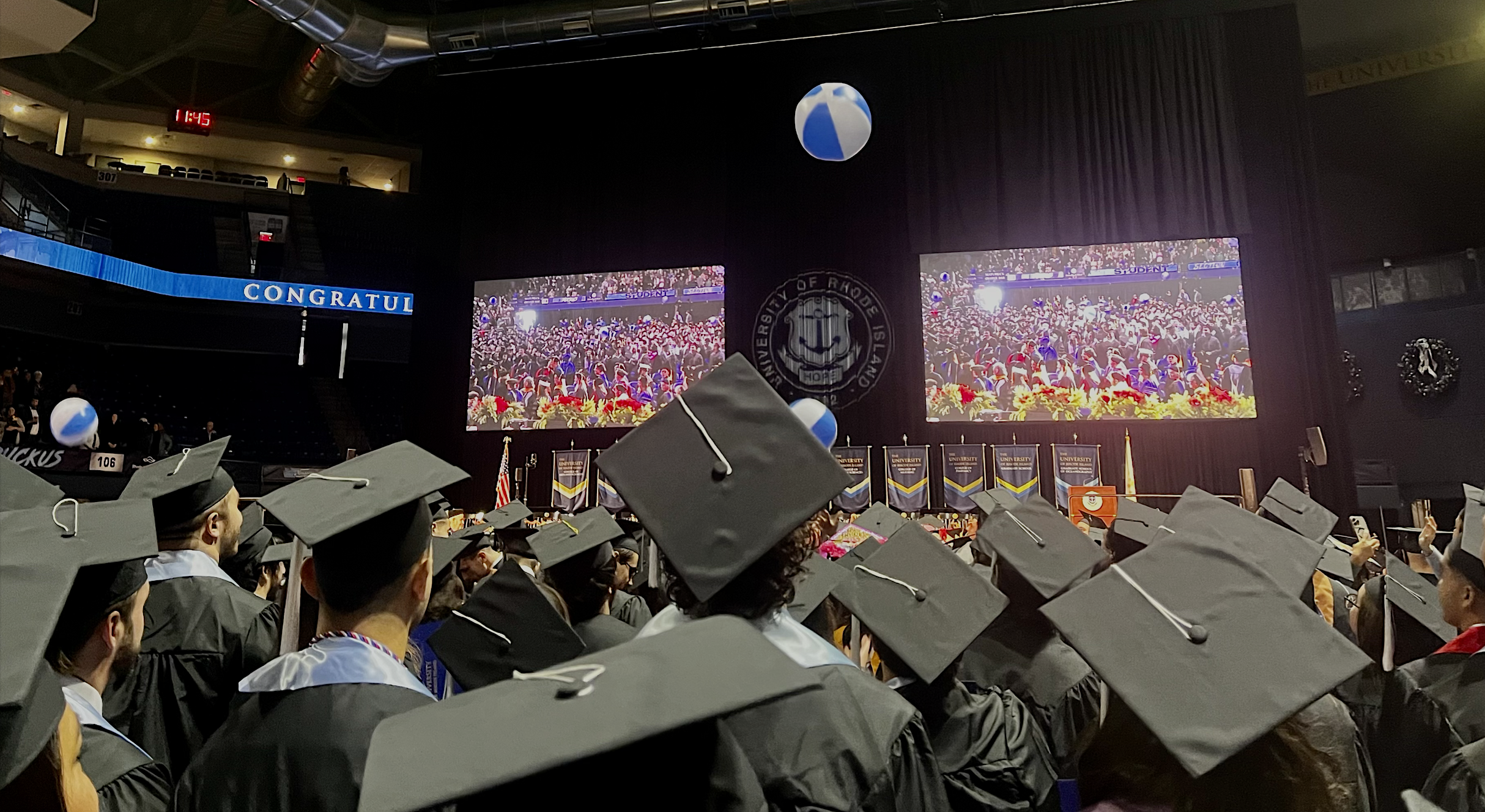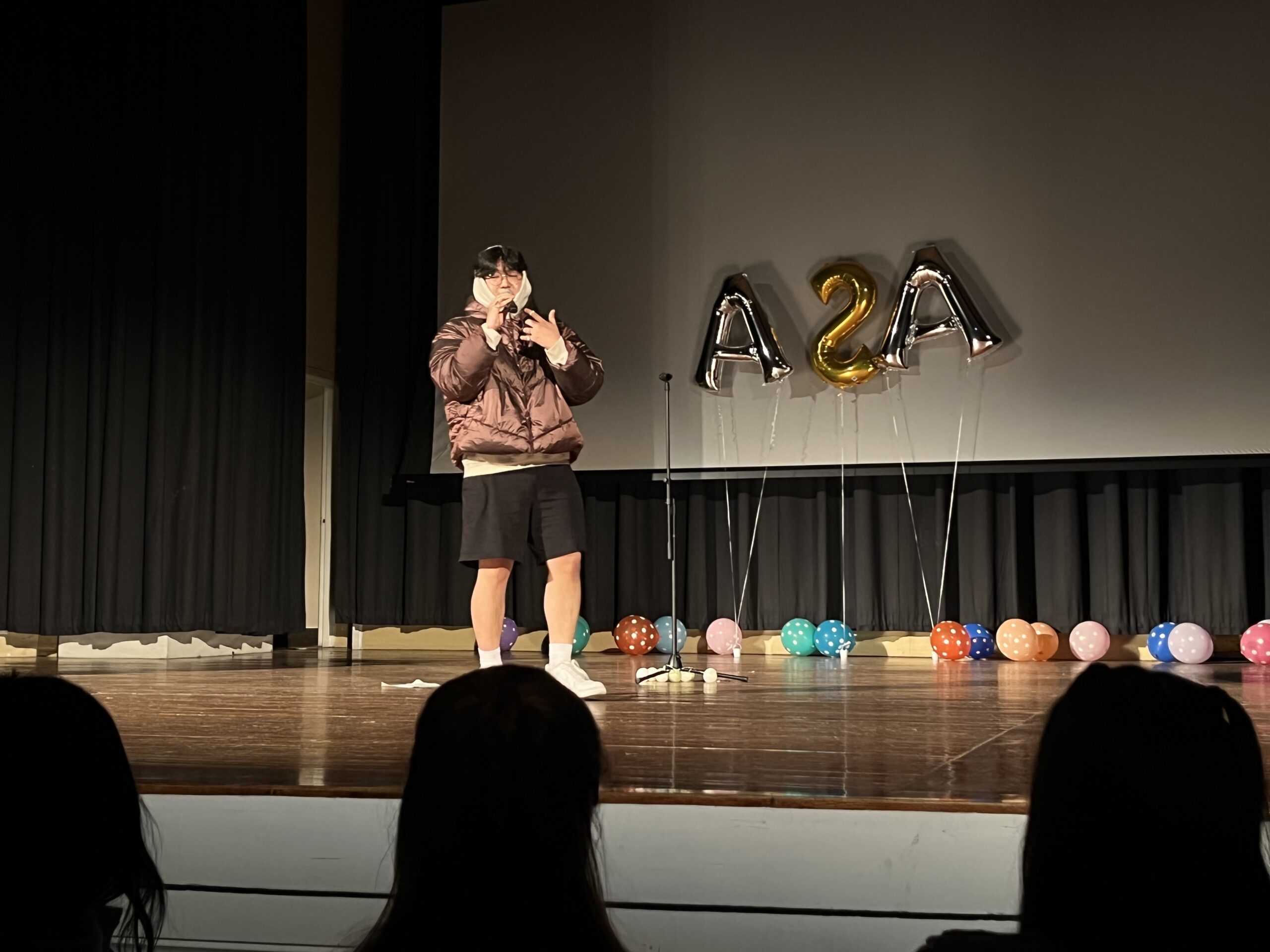“URI: POVERTY LEVEL WAGES PAID ADJUNCT FACULTY ”
Authors: Edward S. Inman III, Michael Araujo and Dorothy F. Donnelly
A recent news article entitled “”5 chiefs paid more than $1M, study finds,” (Providence Journal, 7/18/2016) questions the validity of the huge salaries being paid to presidents of public institutions of higher education in New England and beyond. The article concludes with a statement by Richard Vedder, an economist and director of the Center for College Affordability and Productivity at Ohio University, who observes that “it is the height of irresponsibility” to continue to increase such already high level salaries.
While the article does not specifically address wages paid adjunct faculty, most of RI’s state educational leaders (especially URI President Dr. David Dooley and Dr. Jim Purcell, RI Commissioner of Higher Education) have long known about but have taken no action whatsoever to correct the poverty level wages paid URI’s adjunct faculty.
A few highlights of the situation are: 1) there has been no adjunct faculty salary increase for more than 12 years; 2) URI adjunct faculty teach approximately 1/3 of the entire university undergraduate program; and, 3) the recent salary increase offered by URI and RI Council for PostSecondary Education would leave URI adjunct faculty still earning a below poverty level wage.
Adjunct faculty at URI have been in contract negotiations for nearly 4 years in an effort to gain a salary increase that will take them above poverty level wages. URI’s adjunct faculty now receive about the same salary they have received for more than 12 years, that is, $3,549 (no benefits) for a course taught over a 15 week semester. Recently, the income earned by the University based upon courses taught solely by adjunct faculty for an academic year amounted to $52.80M dollars; the amount paid adjunct faculty for the same period amounted to $3.98M dollars.
The URI adjunct union is now in its first successor contract. They have compared themselves with adjuncts at URI’s self-identified comparable institutions of higher education — U of Massachusetts (Amherst); U of Vermont; (U of Maine has no contract for adjuncts); U of New Hampshire; and University of Connecticut. All of these institutions pay their adjunct faculty a much higher salary per course than adjunct faculty at URI are paid and all of these comparable institutions offer a fair and equitable health care benefits package to their adjunct faculty.
The URI Part-Time Faculty United union has had a professional financial analysis conducted of the URI budget. This analysis has confirmed that the University, which pays its adjunct faculty via an internal operating budget, has more than enough financial resources to provide its adjunct faculty with the modified salary increase including benefits earlier proposed by the adjunct faculty union.
The University and RI CPE continues to refuse to raise the adjunct faculty salary to a respectful and fair wage, and, instead, they have taken steps to force the adjunct faculty union into interest arbitration. In fairness and respect for the contributions made by its adjunct faculty, it is time for the University of Rhode Island and the RI Council on PostSecondary Education (RI CPE) to bargain in good faith and approve the URI American Association of University Professors/Part- Time Faculty United union’s modified and reasonable proposal for a respectful and appropriate salary increase with health benefits for its adjunct faculty.
In another month it will be 4 years that URI’s adjunct faculty have been in contract negotiations. Enough is enough! The time is now to correct the salary of part-time faculty at URI, without whose contributions the University could not deliver its undergraduate curriculum to both in- state and out-of-state students.
–Edward S. Inman III is President of URI Part-Time Faculty United; Michael Araujo is Executive Director of RI Jobs With Justice; and Dr. Dorothy F. Donnelly is Senior Consultant and Chief Negotiator, URI Part-Time Faculty United.





